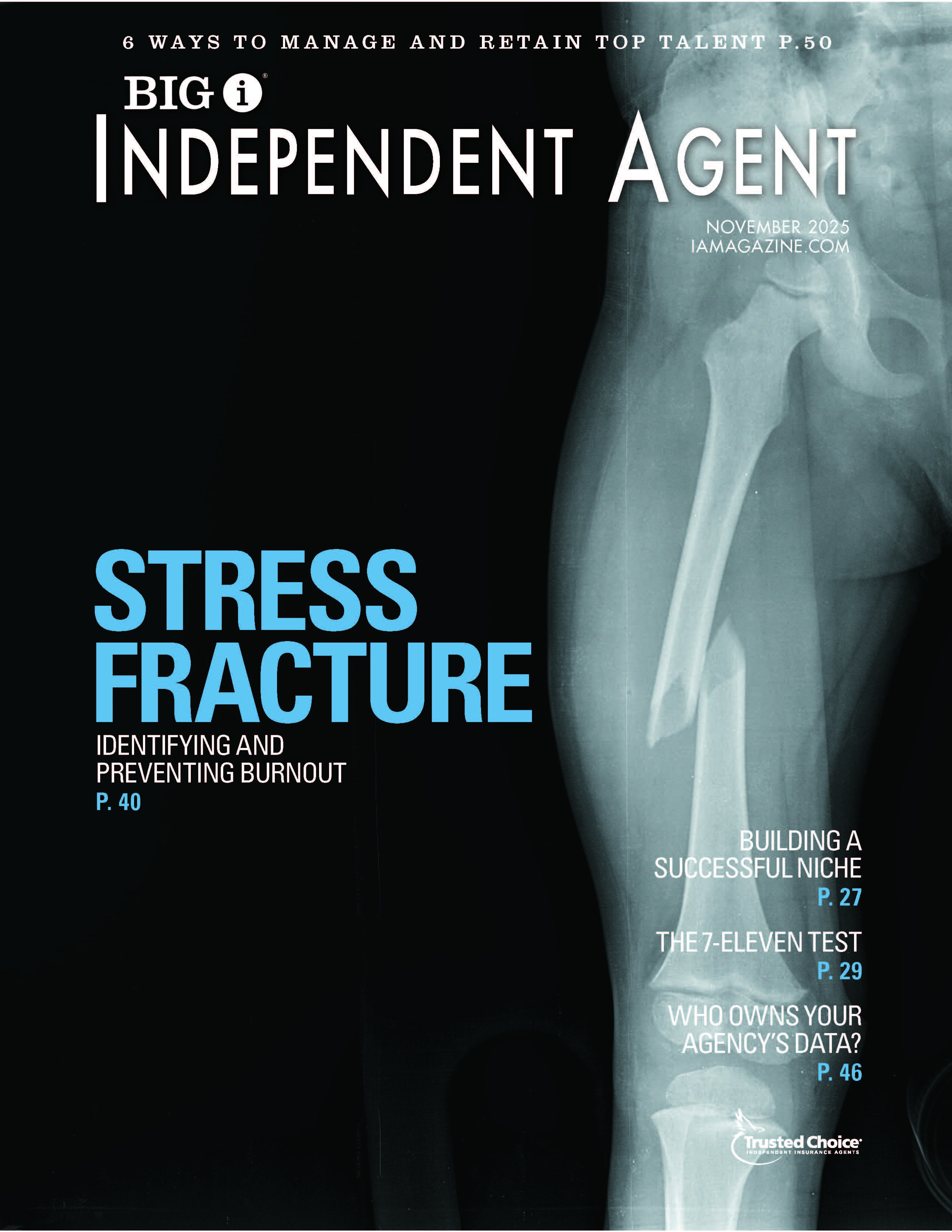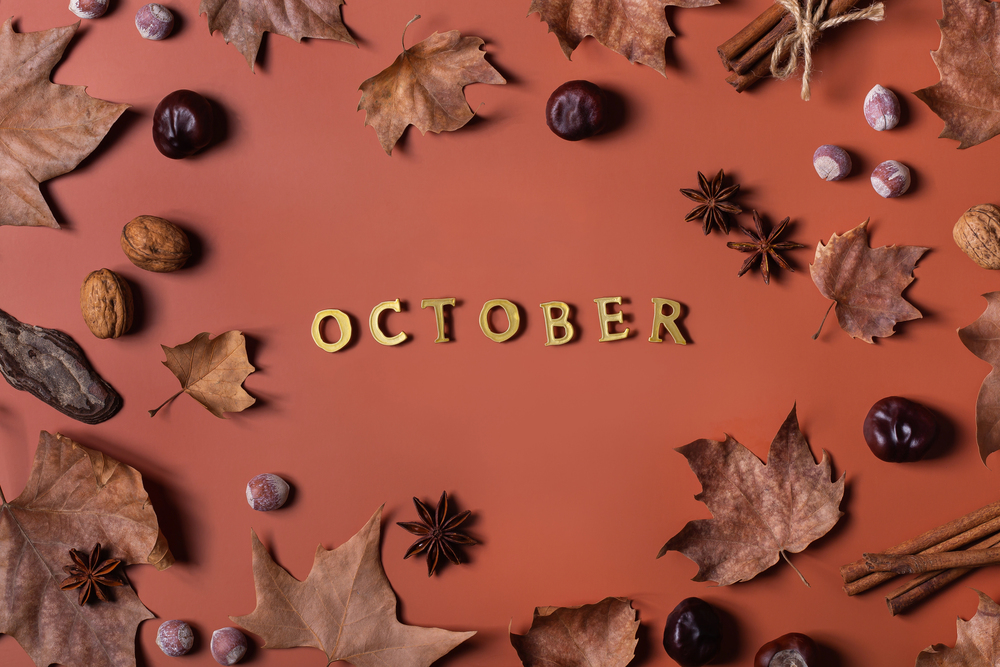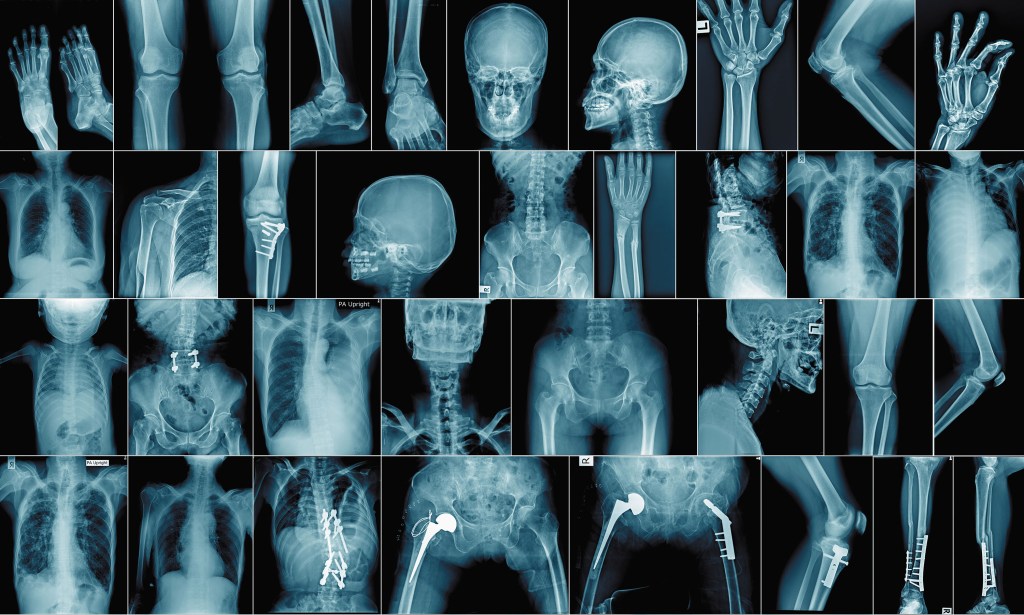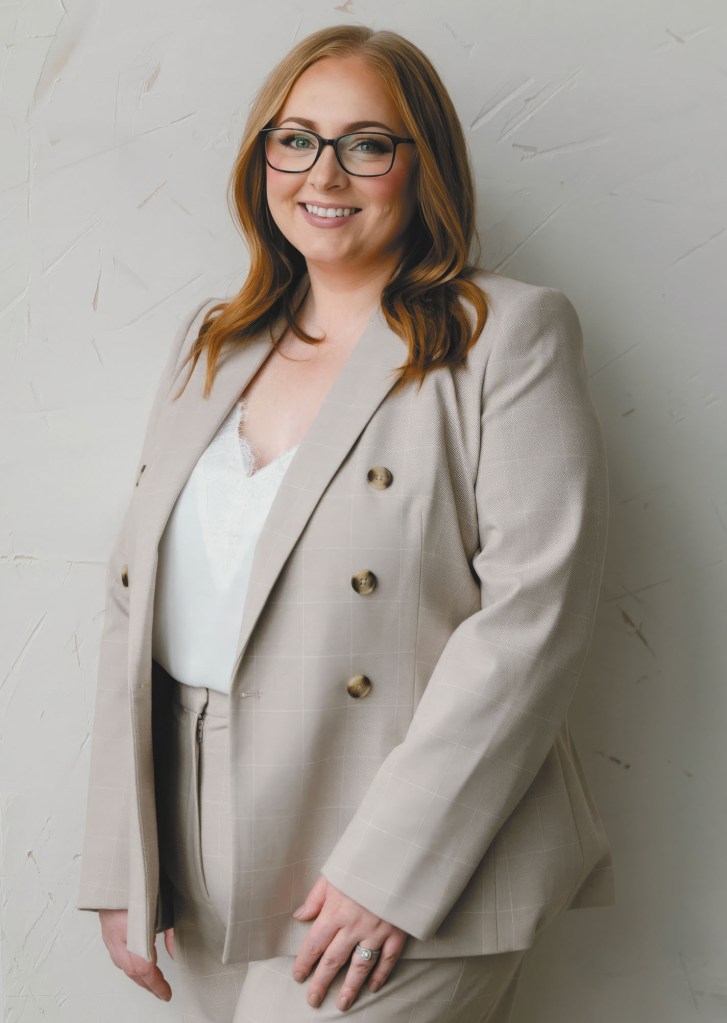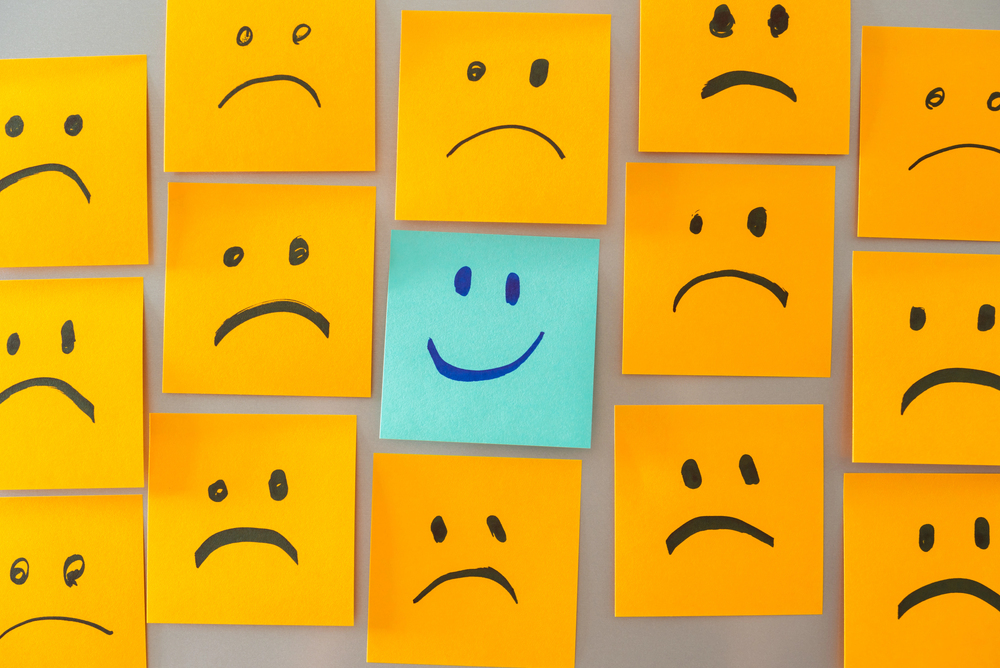Why Millennials Are Underinsured—and How to Close the Gap

By: Jordan Reabold
The good news: 74% of millennials believe not having insurance is risky. The bad news: They remain 14% less covered than older age groups, according to a recent Vertafore survey.
Why the gap? “It has to do with where they are in life,” says Bruce Winterburn, vice president of industry relations at Vertafore. “As they age, they have more to lose—they get mortgages, they have families that depend on them. Insuring all those important values and assets in your life become front of mind.”
Unfortunately, priorities in your 20s aren’t so prudent. When Vertafore asked how millennials spend $100 a year, pursuits like craft beer and television streaming service subscriptions tended to take precedence over insurance. And a whopping 88% of millennials would rather ditch their insurance than go a year without a cell phone.
Although insurance shouldn’t be compared to material items, interestingly, “the study shows that the more commoditized types of insurance are those that millennials tend to have a better grasp on”—for example, 80% have homeowners insurance and 83% have auto coverage, Winterburn notes.
So what about the mere 42% who have renters insurance, or the 19% with disability coverage? Winterburn says it’s not enough to simply stress the importance of insurance—you have to go about it the right way, too. “Whether something is commoditized or not, having access to information is something all consumers are starting to demand,” he points out.
Currently, only 29% of Gen Y would always prefer to work with an insurance agent, according to the research. And “being their trusted adviser can’t be limited to personal interaction,” Winterburn explains. “The internet should be a tool that agents have in their arsenal to service all their customers better—not just millennials, but modern consumers in general.”
Simply put, millennials want convenience. The survey also reports that compared to their generational counterparts, three times as many millennials agree that an insurance agent needs to have a mobile app.
“The independent agent’s value proposition is building relationships with individuals within a community, but the way we define relationships and communities has changed,” Winterburn says. “It goes beyond someone who shakes your hand.”
Jordan Reabold is IA assistant editor.
Sign Me UpDespite the stereotype that millennials are financially irresponsible, Aflac reports they’re actually the generation that’s most likely to enroll in voluntary insurance offered by their employers. Plus, Aflac found that 63% don’t have credit cards—suggesting millenials are extremely debt-averse. More than any other generation, millennials will gladly purchase insurance for their cell phones, home appliances, pets and even instruments. They’re also most likely to insure events such as trips or weddings, along with products that protect them from tax audits. —J.R. |
